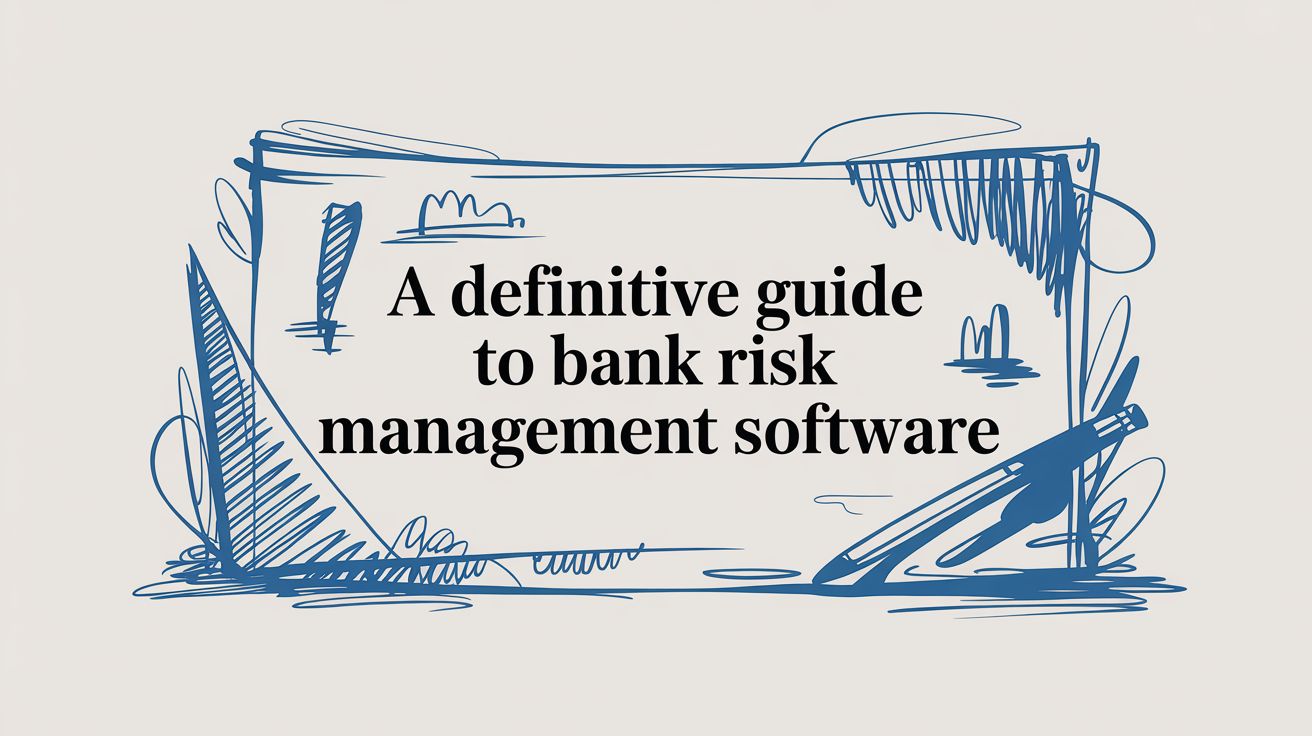Yellen Expresses Confidence in Financial System While Warning of Risk of Continued Volatility
Banks
By: Ken Chase.
Estimated reading time: 2 minutes
During her May 10 testimony in a U.S. Senate Banking Committee hearing, Treasury Secretary Janet Yellen said that the country’s financial system is still functioning “in an orderly manner,” but also warned lawmakers that the world’s economy and financial markets could experience continued volatility moving forward.
Yellen appeared before the committee to deliver the recent Financial Stability Oversight Council (FSOC) report. Her expression of confidence in the overall state of the financial system echoed the Federal Reserve’s recent positive statement about the strength of the banking system and its “robust capital and liquidity.”
Warning signs ahead
While that overall assessment of the financial system was positive, the Secretary did cite a number of potential warning signs that could impact the economy and markets. In her prepared remarks and interactions with lawmakers, Yellen noted her concerns about the ongoing Covid-19 pandemic and economic pressures related to the war in Ukraine.
Yellen pointed to the invasion of Ukraine and the world’s response as just one of several factors that have “further increased economic uncertainty.” She also warned of the continuing impact on economic growth due to Covid-19, citing the “potential for continued volatility and unevenness of global growth as countries continue to grapple with the pandemic.”
She also focused attention on hedge funds and their use of borrowed money, which she said could increase their vulnerability to “acute financial stresses” which could spread to the broader financial system. Yellen said that the FSOC has reestablished its Hedge Fund Working Group as part of an effort to create a system to monitor those risks and develop mitigation options.
According to Yellen, financial regulators plan to continue their efforts to monitor these issues to ensure that they can quickly coordinate responses to new risks and emerging threats to stability.
The Secretary’s appearance at the hearing came amid continuing volatility on Wall Street, ongoing disruptions in the U.S. supply chain, and persistently high inflation. The May 11 Consumer Price Index report showed that inflation eased slightly in April, down from 8.5 percent to 8.3 percent, but still remained near forty-year highs.
Similar Articles

Brian's Banking Blog
Top Crisis Communication Strategies for Bank Leadership

Brian's Banking Blog
A Definitive Guide to Bank Risk Management Software

Brian's Banking Blog
A Bank Executive's Guide to Predictive Analytics

Brian's Banking Blog
What Is Strategic Risk Management for Banks?

Brian's Banking Blog
A Guide to Predictive Analytics for Banks

Brian's Banking Blog
A Guide to Risk and Control Self Assessment

Brian's Banking Blog
Top Challenges in the Banking Sector Today

Brian's Banking Blog
8 Historic Banks That Merged: Lessons for Today's Executive

Brian's Banking Blog
Bank Prospecting Software: A Guide to Driving Loans & Deposits with Data Intelligence

Brian's Banking Blog